Have you ever ruined a perfectly good meal by cooking it just a little too long? We’ve all been there – watching our favorite foods transform from delicious to disastrous in mere minutes. Some ingredients are incredibly forgiving, while others demand precise timing and attention.
Understanding which foods are most vulnerable to overcooking can save you from kitchen heartbreak and help you become a more confident cook.
1. Scrambled Eggs
Perfect scrambled eggs are creamy, fluffy clouds of yellow gold that melt on your tongue. But push them just thirty seconds too far, and you’ll end up with something resembling rubber pellets.
The proteins in eggs coagulate quickly when heated, and once they tighten up, there’s no going back. Overcooked scrambled eggs become dry, tough, and grainy – a far cry from the silky texture you’re aiming for.
The key is removing them from heat while they still look slightly underdone, as they’ll continue cooking from residual heat.
2. Pasta
Al dente pasta has that perfect bite – firm yet tender, with just enough resistance to make each mouthful satisfying. Overcook it, and you’re left with a mushy, starchy mess that falls apart at the slightest touch.
Pasta continues cooking even after you drain it, so timing is everything. Those extra few minutes in boiling water break down the pasta’s structure completely.
The starches release too much, creating a gummy texture that no amount of sauce can save. Always taste-test a minute before the package directions suggest.
3. Steak
A perfectly cooked steak is a thing of beauty – tender, juicy, and bursting with flavor. Push it past medium-rare, and you’re essentially creating expensive shoe leather.
High heat causes the muscle fibers to contract and squeeze out all the precious juices. What was once a succulent piece of meat becomes dry, tough, and chewy.
The natural fats that keep steak moist literally cook away, leaving behind a gray, lifeless protein that requires serious jaw work. Even the most expensive cut can’t survive being overcooked.
4. Fish Fillets
Fish walks a tightrope between perfectly flaky and disappointingly dry. Unlike meat, fish has delicate proteins that cook incredibly fast and don’t forgive mistakes.
Overcooked fish becomes chalky and falls apart in sad, dry chunks. The natural oils that give fish its rich flavor evaporate, leaving behind something that tastes like cardboard.
The flesh turns from translucent to opaque white, then continues past perfection into tough, stringy territory. Most fish only needs a few minutes per side, and the residual heat finishes the job.
5. Broccoli
Bright green broccoli with a slight crunch is a vegetable at its peak – nutritious, flavorful, and visually appealing. Overcook it, and you’ll witness a sad transformation into olive-green mush.
The vibrant color fades as chlorophyll breaks down, and the crisp texture dissolves into something unpleasantly soft. Overcooked broccoli also develops a sulfurous smell that can clear a room.
All those healthy nutrients you’re trying to preserve? They leach out into the cooking water, leaving behind a shadow of the vegetable’s former glory.
6. Chicken Breast
Juicy chicken breast requires a delicate balance – cook it enough to be safe, but not so much that it becomes sawdust. The lean nature of breast meat makes it particularly unforgiving.
Without much fat to keep it moist, overcooked chicken breast turns into dry, stringy fibers that stick in your throat. The proteins seize up and squeeze out every drop of moisture.
What should be tender and succulent becomes something you need a glass of water to wash down. Using a meat thermometer and removing it at exactly 165°F prevents this kitchen tragedy.
7. Cookies
Golden brown cookies with slightly soft centers represent baking perfection. But leave them in the oven just a minute too long, and they transform into hockey pucks.
The sugars caramelize beyond the sweet spot, creating bitter, burnt flavors that overpower everything else. The edges become rock-hard while the centers turn dry and crumbly.
Overcooked cookies lose their chewy texture and become impossible to bite without risking dental damage. They continue cooking on the hot pan even after leaving the oven, so timing your removal is crucial for success.
8. Brussels Sprouts
Brussels sprouts have made a comeback thanks to proper cooking techniques, but overcook them and you’ll remember why people used to hate them. These mini cabbages can quickly turn from caramelized gems to bitter disappointments.
Excessive heat breaks down their cell walls, releasing sulfur compounds that create an unpleasant, cabbage-like smell. The once-firm leaves become mushy and lose their appealing texture.
Overcooked Brussels sprouts also develop an intensely bitter taste that no amount of seasoning can mask, undoing all the work of converting sprouts skeptics.
9. Shrimp
Shrimp cook faster than almost any other protein, going from raw to perfect to rubbery in a matter of minutes. Their delicate flesh requires careful attention and quick reflexes.
Overcooked shrimp curl up tightly and develop a bouncy, rubber-like texture that’s unpleasant to chew. The sweet, briny flavor disappears, replaced by a tough, flavorless protein.
The natural moisture evaporates, leaving behind something that resembles pink erasers more than succulent seafood. Shrimp are done the moment they turn pink and opaque – usually just two to three minutes per side.
10. Asparagus
Asparagus spears should snap with a satisfying crunch and maintain their vibrant green color. Overcook them, and they become limp, lifeless stalks that flop sadly on your plate.
The crisp texture that makes asparagus so appealing completely disappears, replaced by a mushy consistency that’s off-putting. The beautiful bright green color fades to a dull olive tone.
Overcooked asparagus also develops a slightly bitter aftertaste and loses much of its nutritional value. These elegant vegetables need just a few minutes of cooking to reach their peak perfection.
11. Pork Chops
Pork chops used to be cooked to death out of safety concerns, but modern guidelines allow for juicier results. Still, it’s easy to overcook these lean cuts into dry, tough disappointments.
Without careful temperature control, pork chops become gray, chewy, and require serious effort to swallow. The natural juices evaporate, leaving behind protein that tastes like cardboard.
Overcooked pork develops an unpleasant, chalky texture that no sauce can rescue. The key is cooking to 145°F internal temperature, then letting it rest to finish cooking gently from residual heat.
12. Rice
Perfect rice consists of individual, fluffy grains that are tender but still maintain their shape. Overcook it, and you’ll end up with a sticky, gluey mess that clumps together.
Too much heat and water break down the rice’s structure, releasing excess starch that creates an unappetizing, paste-like consistency. The grains lose their distinct texture and become one homogeneous mass.
Overcooked rice also develops an unpleasant, gummy mouthfeel that’s nothing like the light, airy texture you’re aiming for. Proper water ratios and timing are essential for rice success.
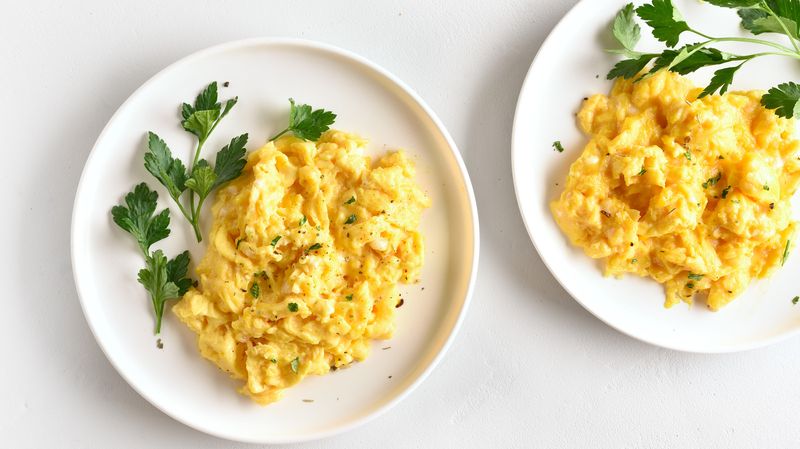
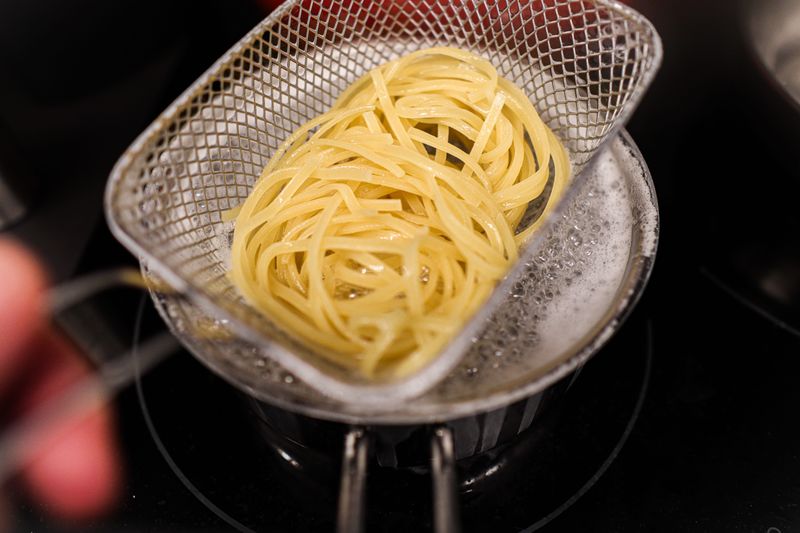
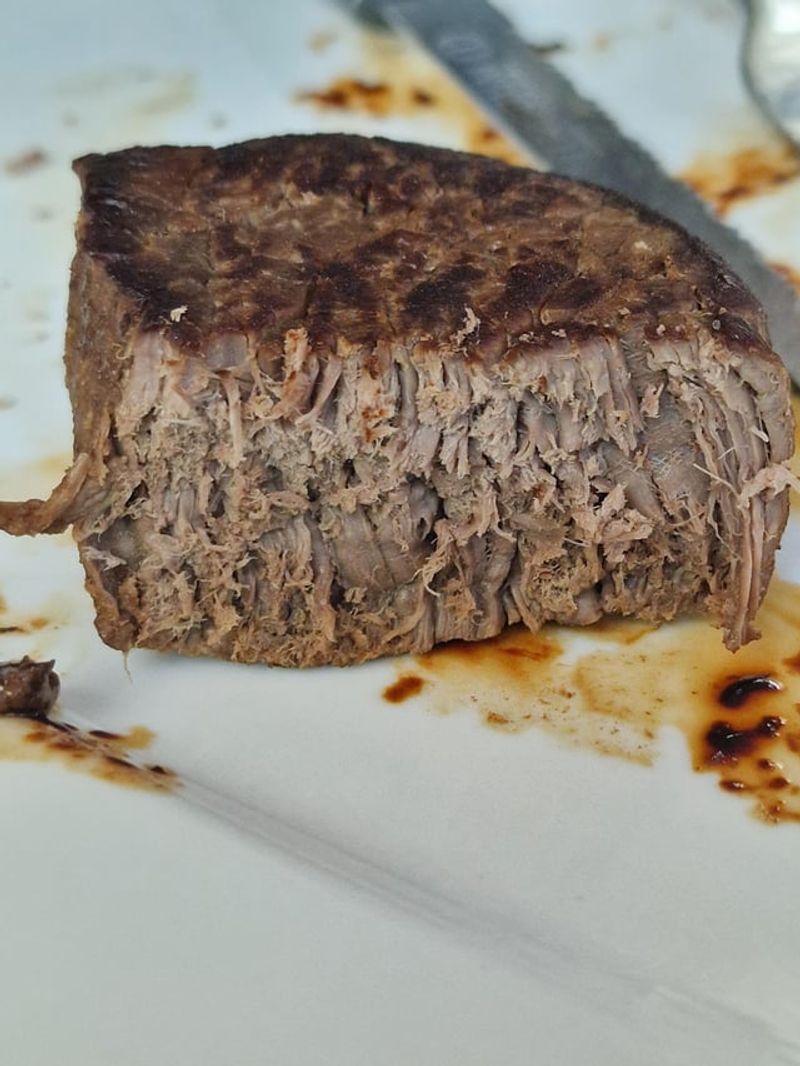
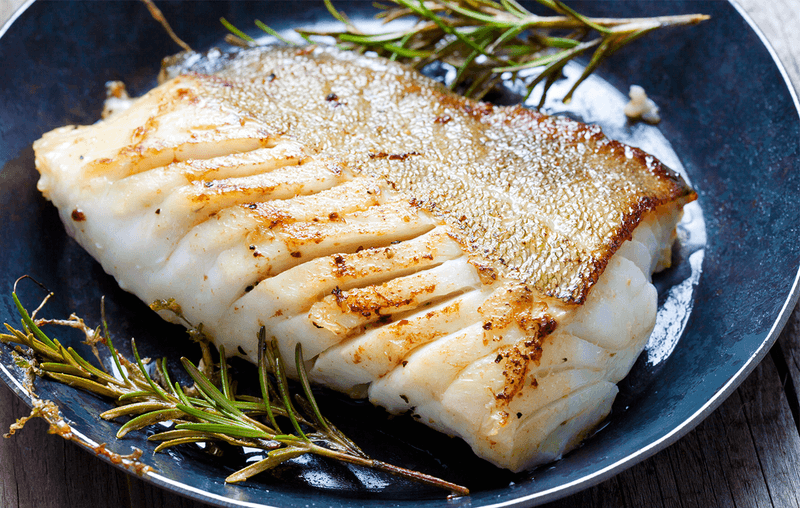
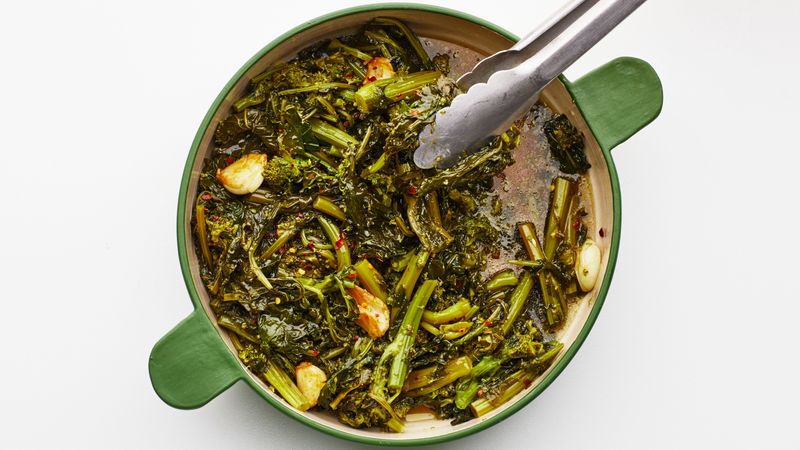
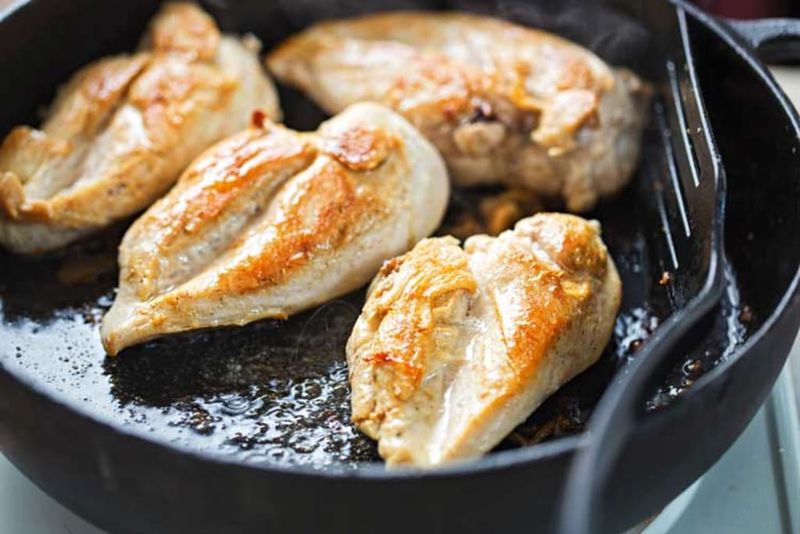
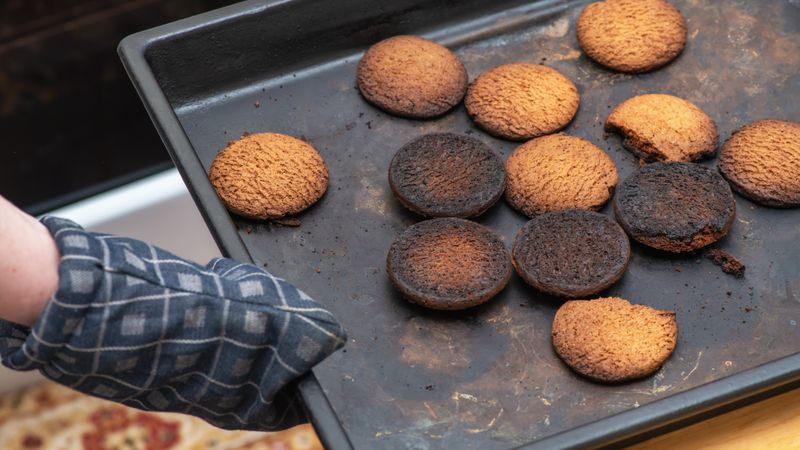
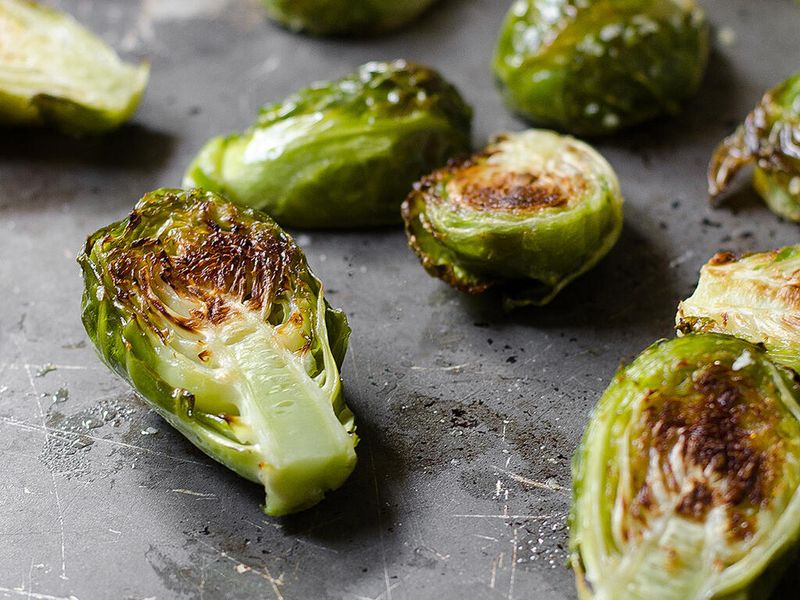
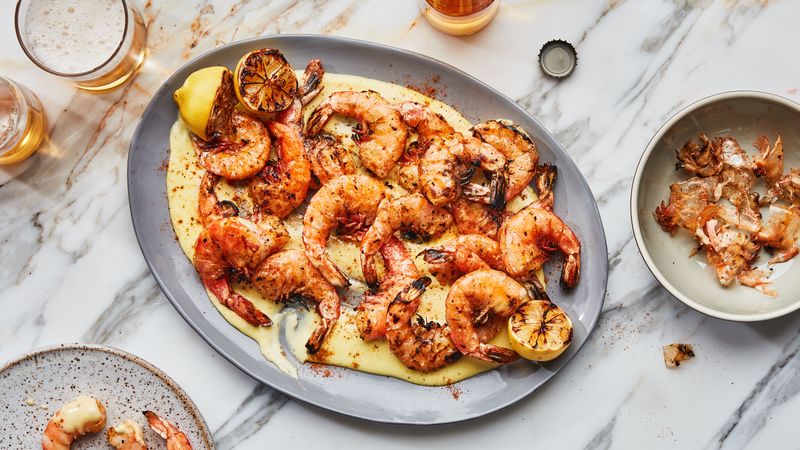
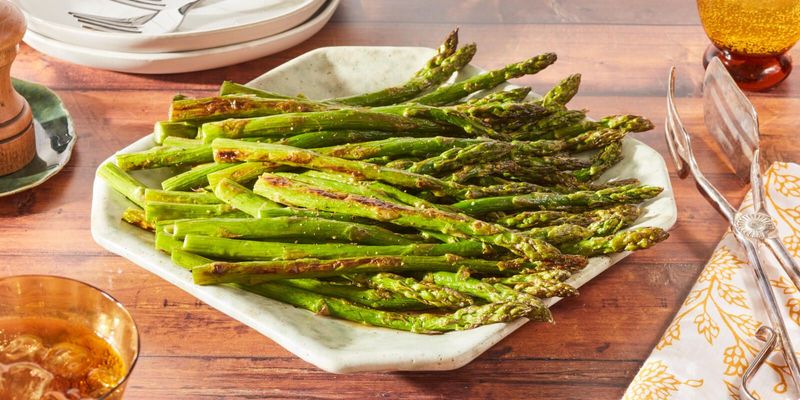
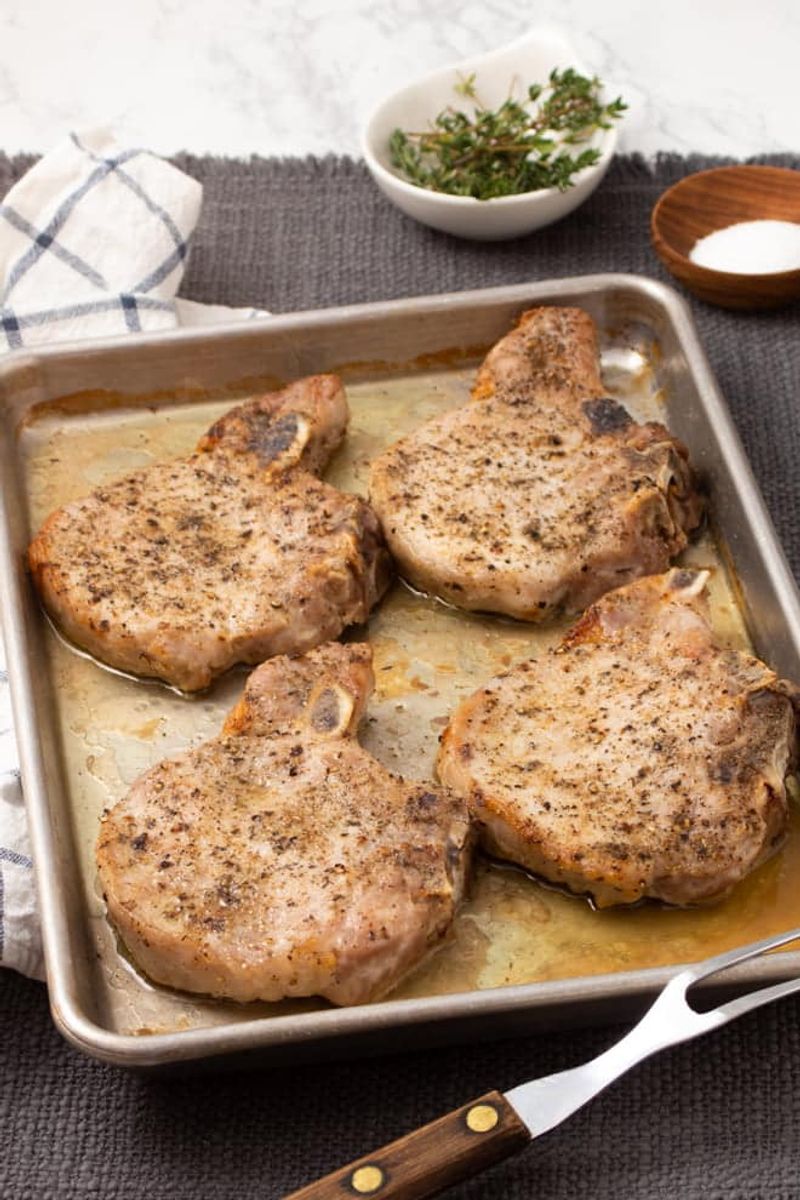
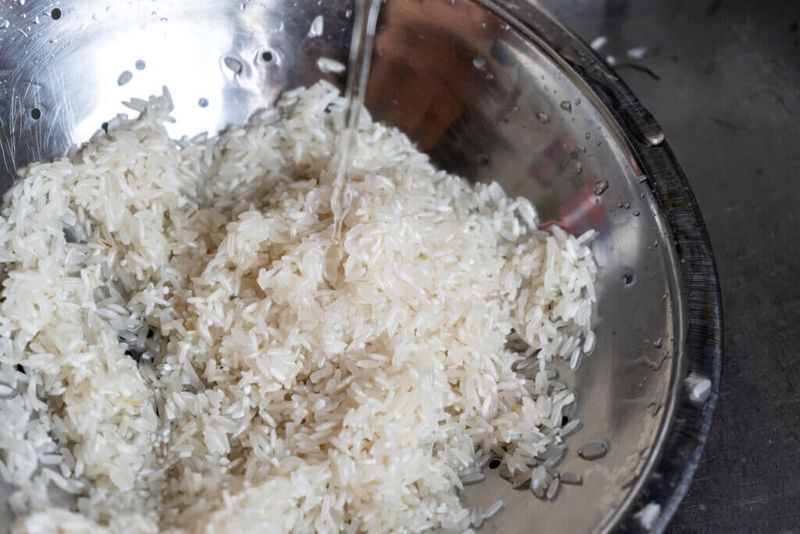
Leave a comment